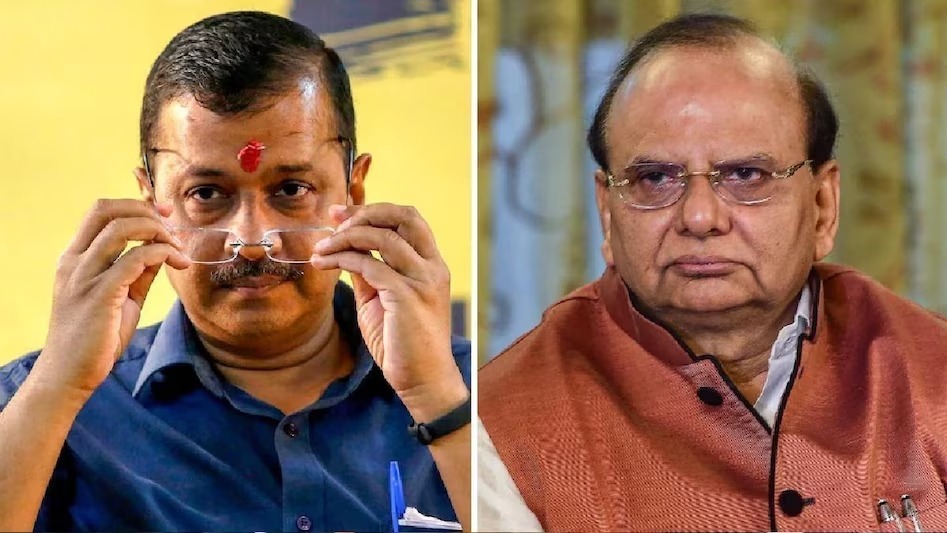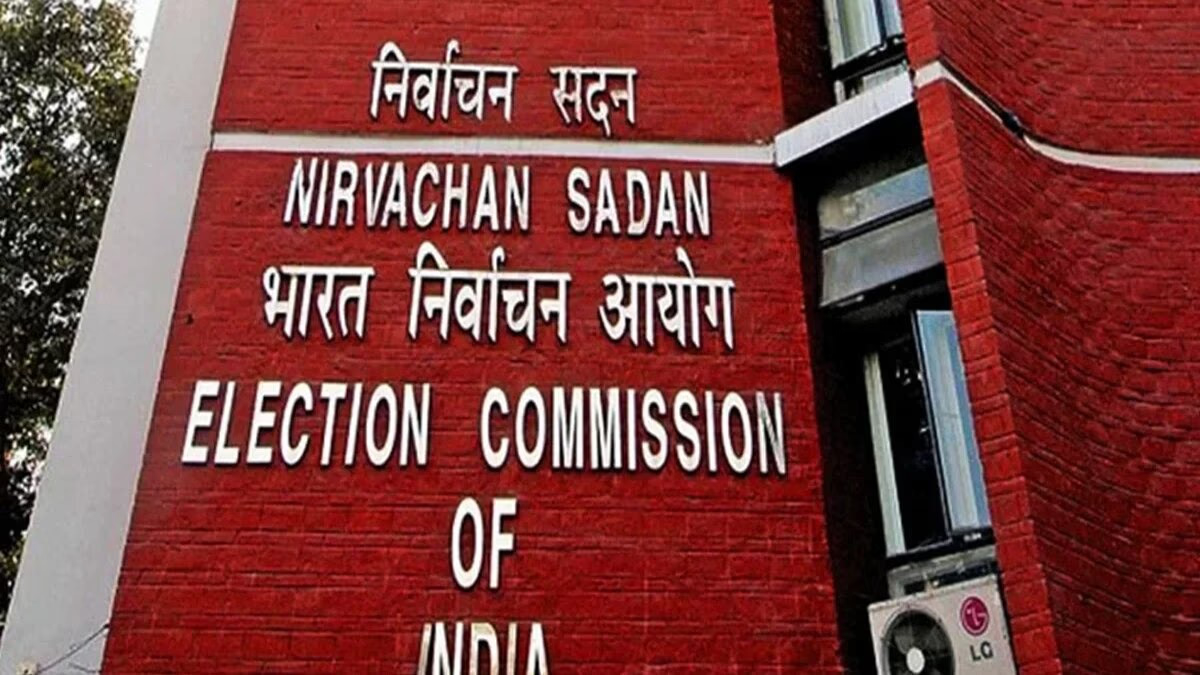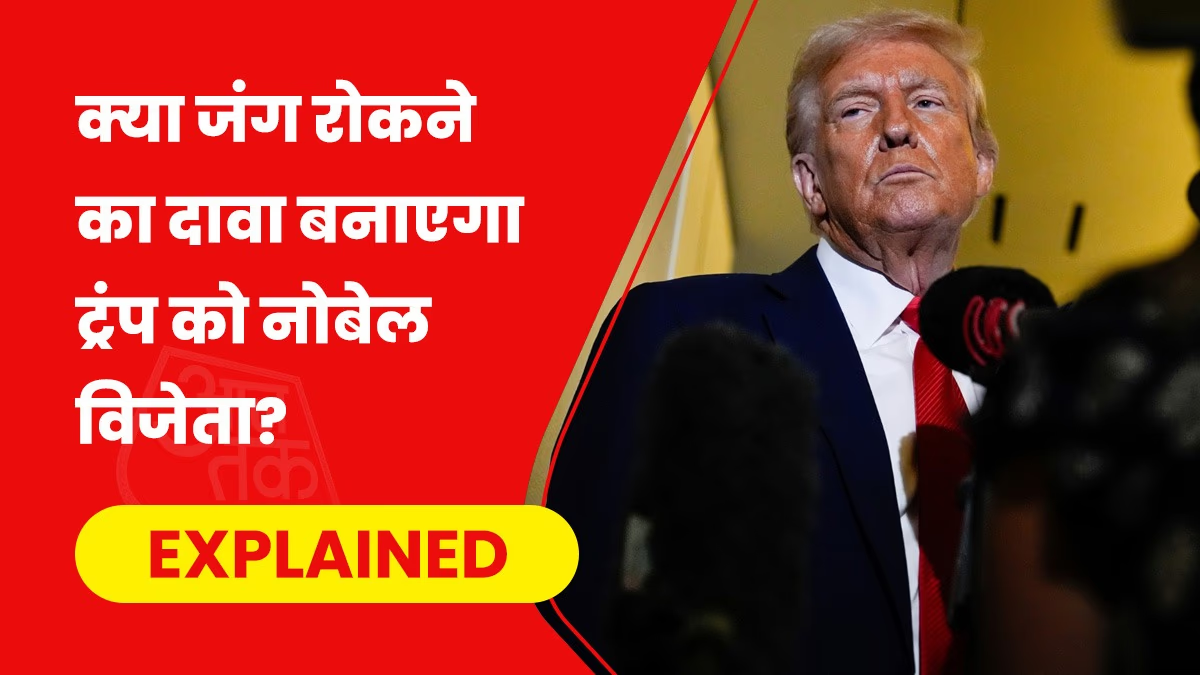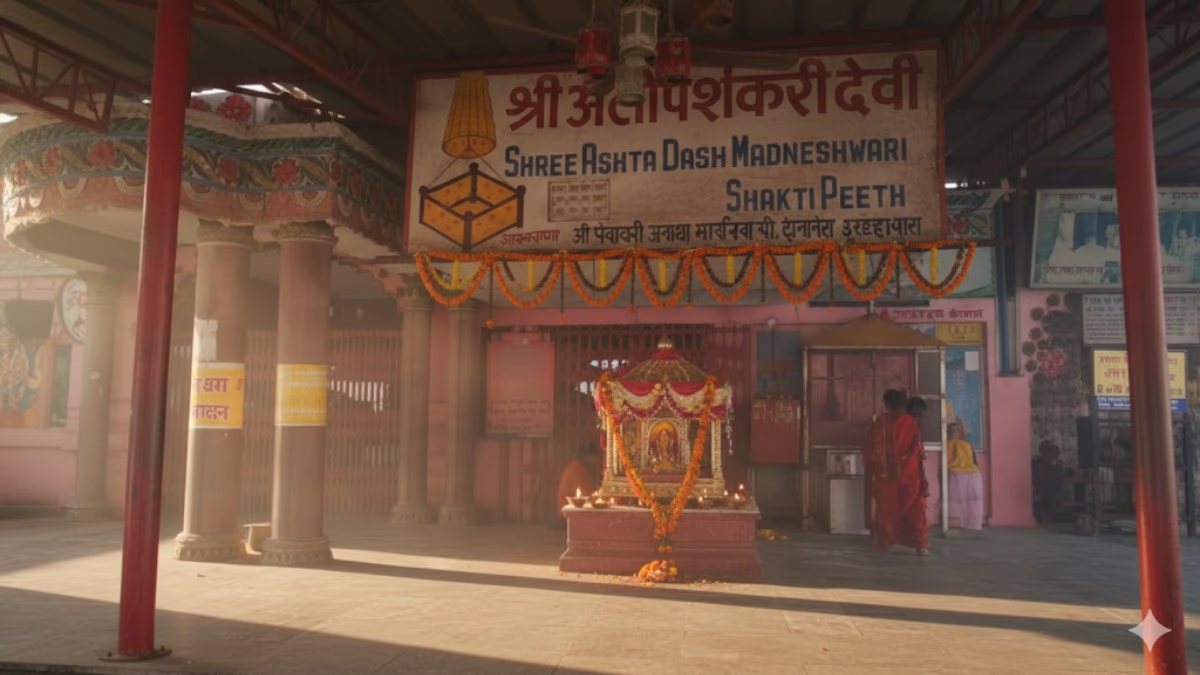Can Delhi's Chief Minister, Arvind Kejriwal, effectively govern from behind bars? This question has sparked a prolonged debate. Amidst this, a statement from Delhi Lieutenant Governor V.K. Saxena has fanned the flames of a new controversy.
On Wednesday, Delhi's LG V.K. Saxena categorically stated that governance from jail is not feasible. Speaking at a news channel program, Saxena assured, 'I want to reassure the people of Delhi that governance from jail will not occur.'
LG Saxena's remark comes at a time when Chief Minister Kejriwal has issued two government orders while under ED custody.
Kejriwal's first order from custody was issued on Sunday, directing Water Minister Atishi to resolve water and sewerage issues in certain areas of Delhi. Subsequently, on Tuesday, he issued another order instructing Health Minister Saurabh Bharadwaj to ensure availability of medicines in government hospitals and mohalla clinics.
Consequently, LG Saxena’s comment of 'no governance from jail' has sparked political unrest in the capital.
Is it possible to govern from jail?
Arvind Kejriwal was arrested by the ED on March 21st in connection with the alleged Delhi liquor scam and has been in custody since then.
AAP leaders have stated that Kejriwal remained, is, and will continue to be Delhi's Chief Minister, claiming that he would run the government from jail if necessary.
However, Saxena's statement raises the question: is that even possible? The Indian Constitution does not have a provision that allows a chief minister to govern from jail. Similarly, there's no provision stating that a chief minister must resign if they are jailed.
Read more about:
What's next...?
While Kejriwal was under ED or CBI investigation, LG Saxena's involvement had been minimal, but the jail scenario has now shifted the responsibility of restoring normal governance in Delhi onto Saxena's shoulders.
Currently, the Lieutenant Governor does not have the power to dismiss the Kejriwal government as AAP holds the majority in the Delhi Assembly.
There is no legal or constitutional provision that permits the LG to dismiss a democratically elected government solely based on the chief minister's incarceration.
Will Kejriwal resign from the CM position?
Even though he's in jail, Kejriwal is not obliged to resign as Chief Minister. However, LG Saxena's remarks suggest a potential shift in Delhi's political leadership.
Speculation suggests that LG Saxena might propose appointing a new leader to ensure the smooth functioning of the government in Kejriwal's absence.
If this occurs and AAP suggests a new name for the Chief Minister, Kejriwal might resign, thereby resolving the constitutional and political crisis in Delhi.
Read more about:
Could President's Rule be imposed?
Following Kejriwal's incarceration, a constitutional crisis looms over Delhi. Meanwhile, AAP has expressed concerns over the potential imposition of President's Rule, labeling it as 'political vengeance' if enacted.
In response to Saxena's comments, AAP leader Atishi stated in a PTI interview that a legislator could only be disqualified upon being convicted under the Representative of People Act.
Atishi remarked, 'The law of the country is clear. There is also the GNCTD Act, which states that you can't be Chief Minister without majority support in the assembly. This condition doesn't apply here. So under what circumstances would President's Rule be imposed?'
'President's Rule can only be imposed when no alternative exists,' Atishi added, mentioning that Article 356 has been taken to the Supreme Court multiple times, with the court consistently ruling that President's Rule can only be applied when no other option is available within the state.
What now?
Kejriwal is presently under ED remand, concluding on March 28th. A hearing regarding his remand is scheduled in Rouse Avenue Court on Thursday.
Previously, Kejriwal had challenged his arrest and remand in the Delhi High Court without relief. The High Court has sought ED's response by April 2nd, with the next hearing set for April 3rd.
Read more: 'My body is in jail, but my soul is with the people,' says Arvind Kejriwal in a new message from jail
Arrested on March 21st
Kejriwal is ensnared in the alleged liquor scam in Delhi and is under investigation for his role by the ED, which issued him 9 summonses. The first summons was sent on November 2nd last year, but Kejriwal failed to appear for any of them.
On March 21st, Kejriwal appealed to the High Court for relief from arrest, which was denied. Subsequently, the ED team served the 10th summons at Kejriwal's residence at 7 PM that same day.
The ED team interrogated Kejriwal for two hours before arresting him. Kejriwal is the first sitting Chief Minister to be arrested. The next day, Rouse Avenue Court remanded him into ED custody until March 28th.




